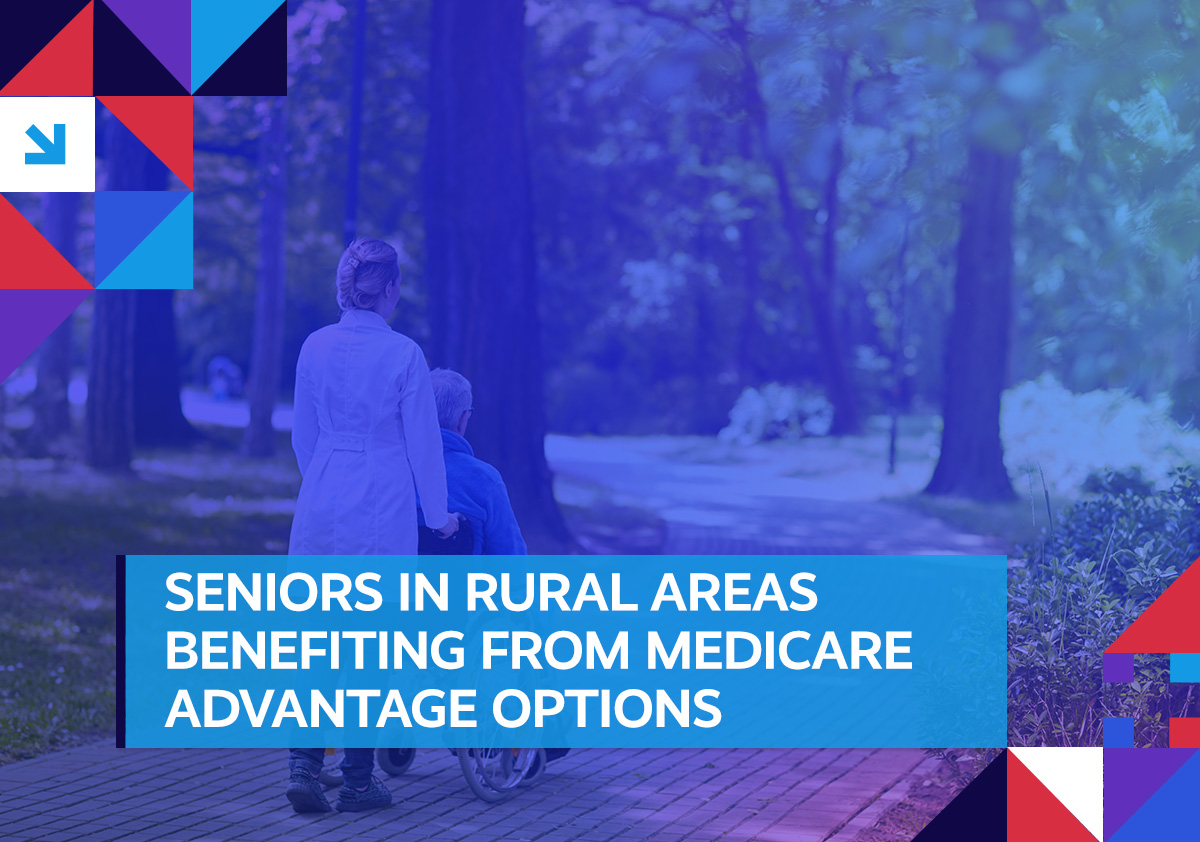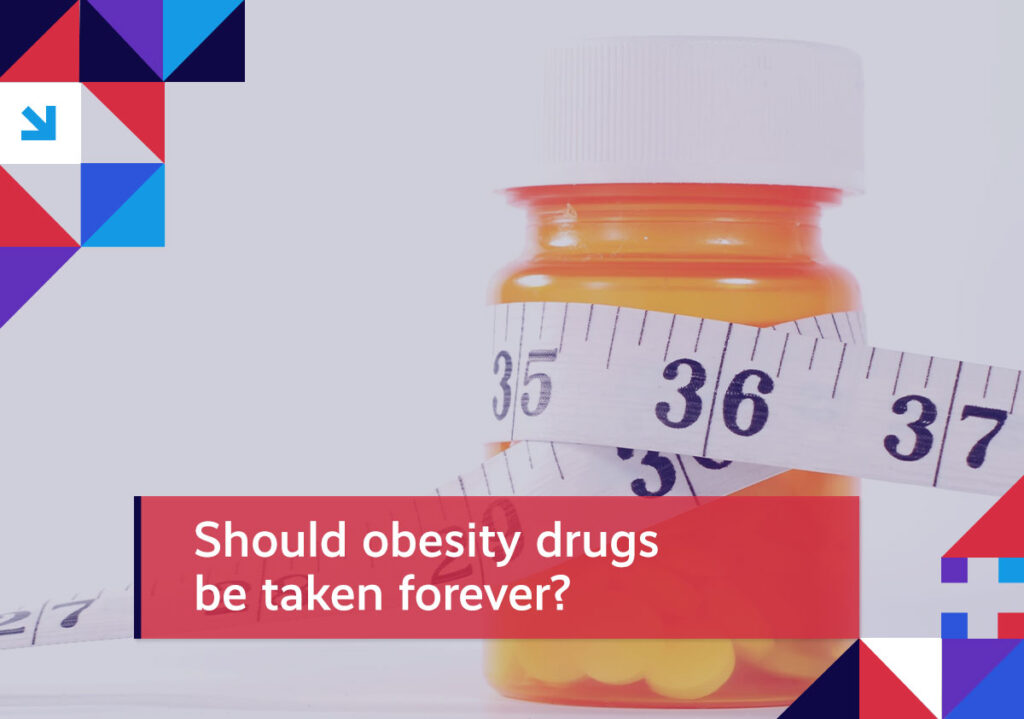A quick roundup of the issues driving the healthcare reform conversation.

Week in Review
SENIORS IN RURAL AREAS BENEFITING FROM MEDICARE ADVANTAGE OPTIONS
Quick takeaway: Medicare Advantage (MA) beneficiaries in rural areas save more on healthcare costs and are more likely to utilize preventative services, such as mammograms or annual check-ups, than those enrolled in traditional Fee-for-Service (FFS) Medicare, according to new data.
Digging Deeper: Since 2010, Medicare Advantage enrollment quadrupled in rural areas, with more than 40 percent of Medicare eligible seniors in rural areas choosing MA plans.
- Preventive Care: Medicare Advantage enrollees are more likely to report using key preventative care services and are less likely to report having an outpatient visit than those in traditional Medicare.
- Enrollment Options: Individuals living in rural areas now benefit from having an average of 27 MA plans to choose from.
What it means: Seniors living in rural areas face unique healthcare challenges. MA is driving affordability for seniors in rural areas, in addition to increasing critical access to preventative care that leads to better health outcomes. Increased MA coverage for seniors in rural areas means they now have broader access to quality, affordable care.
INCREASED DOULA ACCESS IMPROVES MATERNAL HEALTH
Quick takeaway: A recent study shows that Doula support to pregnant women can improve health outcomes, especially among those at higher risk for maternal morbidity and mortality. Digging Deeper: In 2021, the maternal mortality rate increased from around 23 to 32 deaths per 100,000 births from the year prior. Currently 13 states reimburse for doula services with around 30 states in the process of implementing a Medicaid doula benefit.
Digging Deeper: In 2021, the maternal mortality rate increased from around 23 to 32 deaths per 100,000 births from the year prior. Currently 13 states reimburse for doula services with around 30 states in the process of implementing a Medicaid doula benefit.

What it means: States, including those with infant mortality rates higher than the national average, are utilizing Doulas as a potential pathway to address the problem – especially within Medicaid Managed Care.
SHOULD OBESITY DRUGS BE TAKEN FOREVER?
Quick takeaway: Research has shown that many individuals regain a significant amount of the weight they lost with the help of GLP-1 weight loss medications after they stop taking the medication.
By the numbers: This comes as more are utilizing these drugs, with one estimate that number could grow to nearly 70 million Americans taking GLP-1s in 2028. With the increase use of GLP-1 drugs in 2023, there was a 13.5 percent increase in spending on prescription drugs – totally $772.5 billion.
What it means:. The benefits and potential side effects of GLP-1 drugs used for weight loss, along with their prices, are attracting increased scrutiny as the number of patients who could receive these treatments expands.
VOTERS WANT TO HEAR FROM CANDIDATES ON HEALTHCARE AFFORDABILITY
Quick takeaway: At least eight in ten voters say it is “very important” for 2024 candidates to talk about healthcare affordability, along with inflation, according to recent KFF polling. Seven in ten also told KFF they think it is “very important” to hear presidential candidates talk about the Medicare program.
Digging Deeper: Healthcare is a key factor in why many rate the economy negatively, according to the poll.
- Unexpected medical bills and healthcare costs top the list of expenses that Americans say they are most worried about.
- 3 out of 4 say they are “very” or “somewhat worried” about being able to afford unexpected medical bills.
What it means:. Healthcare affordability will continue to be paramount in this year’s election, with over half of those insured saying they are worried about being able to afford their premiums.
Spotlight

| You can keep up with the latest by following the Health Action Network on X and by liking us on Facebook. And, be sure to check us out on LinkedIn, too. As always, let us know if there’s something you’d like to see covered in a future newsletter. |
The Health Action Network includes everyday Americans—families, workers, businesses, patients, providers, neighbors, and friends. We are working together because we support market-based solutions that offer better healthcare choices and help build a stronger economy. The Health Action Network is an Elevance Health, Inc., initiative.
